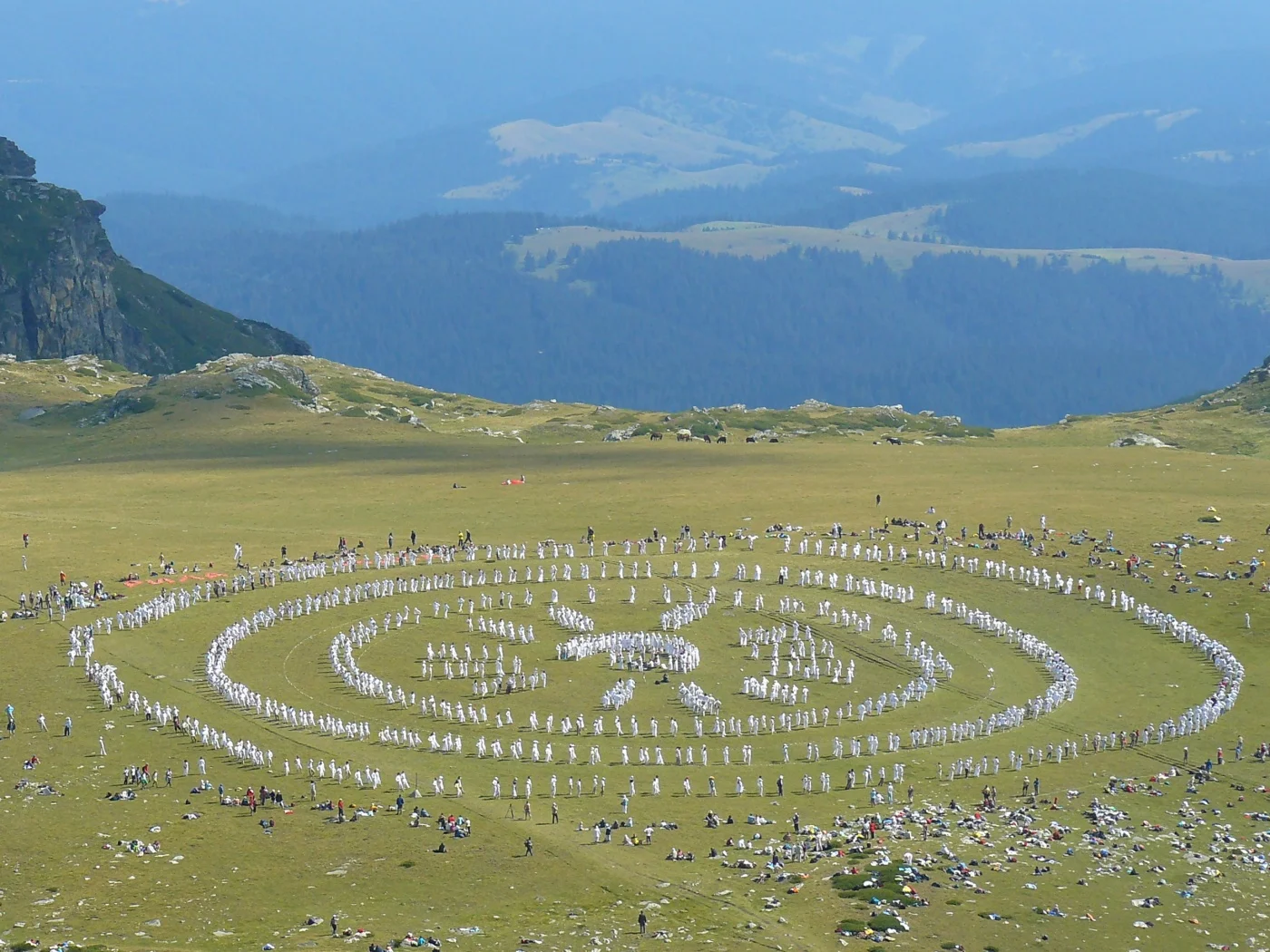Tapping Shared Grounds
As a cultural speaker, I get to give cultural awareness lectures in different Canadian cities, to explain the Muslim culture and faith to professionals—who get deployed in the Middle East. I like to start my presentations by reciting verse 13 of chapter 49 from the Holy Book of Quran, where God—Allah—addresses all human beings by saying: “Oh Mankind, I created you from a male and a female and made you into nations and tribes, so that you may get to know one another. Verily, the most noble of you in the sight of Allah is the most righteous among you.” I love this verse as it invites humans from all backgrounds to talk to each other and have meaningful relations and take part in philanthropic actions.
Reasons for choosing no religion
Oftentimes, I would ask the attendees about their faith or religion. I noticed that about 30 percent identified as Christians, 25 percent declared to be from different other religions, and about 45 percent said that they did not belong to any religion (agnostic or atheist) although some of their parents practiced a religion. When asked why they chose not to embrace a certain religion, these were their answers:
I like to live freely without being controlled by the requirements and laws of an organized religion.
By not identifying with a certain religion, you do not have to do any kind of commitment; therefore, you spare yourself the feeling of guilt for breaking any religious rules.
I do not want to be associated with a certain group that could be labelled in a negative image or discriminated against.
I do not like the extremes that people reach in the name of religion
I like open spirituality, and I practice meditation and yoga.
Those answers made me ask:
What is your reference to judge your actions? What do you base your moral ethics on? How do you differentiate right and wrong and judge your behaviour?
What is the purpose of life if our deeds were in vain? Life would not be worthy of living if it had no meaningful aims.
If no one was accountable for their actions, what would motivate people to be “good” or do good deeds, especially since many people do not have that intrinsic intention of wanting to be kind to others and make life good for everyone?
Trigger personal Contemplation
My argument was always meant to urge others to seek knowledge and provoke personal contemplation, not to refute their beliefs; because at the end, each and every one of us is entitled to their thinking and judgement, and no one has the right to impose their views and beliefs on others.
Expand your circle of Knowledge
Understanding others and appreciating their values and beliefs do not imply giving up your own. Islam promotes strengthening the ties withing families, societies, and nations. Similarities among people already exist; we simply need to educate ourselves and use those common grounds instead of turning away from each other because of our different religions or creeds. Lack of knowledge weaves threats and calls for alienation. Some of my Muslim friends were surprised to know that Sikhism is comparable to Islam as both religions are monotheistic.
Stand together
The events of 2020 proved to humanity that there are compelling reasons that require us—even during the physical distance—to stand together and be more “emotionally” wrapped around each other.
Asmaa Younis is a woman who holds multiple responsibilities and roles within her family and society. She wakes up every day with a determination to be successful and helpful in her daily tasks and missions. She is a passionate educator, a cultural speaker, an optimist, and an adventurer who loves sharing stories from her travels and life experiences for inspiring others through writing and talking.











